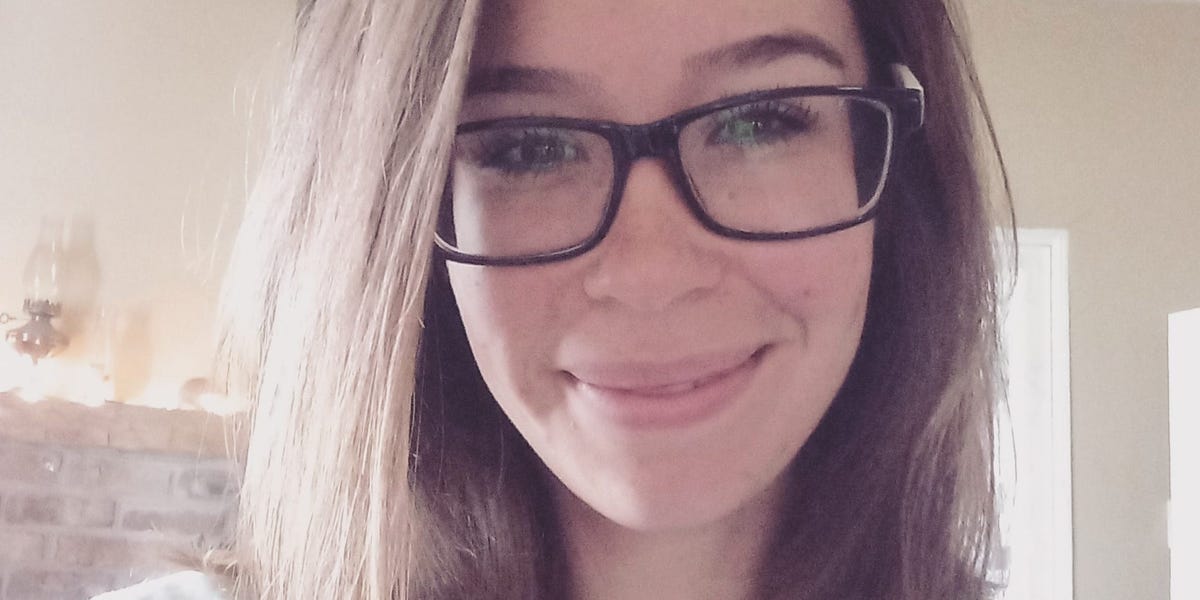
Insider’s experts choose the best products and services to help make smart decisions with your money (here’s how). In some cases, we receive a commission from our our partners, however, our opinions are our own. Terms apply to offers listed on this page.
- I come from a long line of blue-collar workers, including my great-grandfather. He always had good money advice.
- He told my grandparents to save a small amount from each paycheck, no matter what.
- It helped them save enough for a down payment. And it’s still making a difference for me today.
Coming from a long line of blue-collar and self-employed workers, I’m no stranger to the challenges of saving money.
The biggest misconception about “savings” is that it has to start out big. When someone mentions they have savings, many of us automatically think they have hundreds, thousands, or even hundreds of thousands of dollars stored away for a rainy day.
For so many of us, having that amount in a safety net at the bank feels completely unachievable. And when something feels unachievable, it stops you from even trying.
But that’s the thing about savings. They aren’t designed to start out big. Saving is a continuous action, something you should always be working on.
My great-grandfather preached this lesson until the day he died. He was always full of useful information, and his financial insight was no different.
My great-grandfather’s advice was to start small and be consistent
When my grandmother and grandfather wanted to build a house, my great-grandfather told them to take a small amount out of each paycheck — nothing less than $5 but no more than $20 — and put it in an envelope and just set it aside. Forget about it. But keep putting that cash away.
My grandmother thought he was crazy, but she trusted him. Before she knew it, she and my grandfather had enough for a down payment to start building their house (of course, that was a long time ago — my grandfather only brought home $60 a week!).
But that advice is still true today. Both my aunt and I use it.
For her, she knows how much she needs for a vacation each year. So, she puts aside $20 from every paycheck. Even the weeks it feels harder than it should, she’s putting it into that envelope.
By the time vacation rolls around, she has enough to enjoy herself.
For me and my husband, we use my great-grandfather’s savings strategy to build a baseline amount for Christmas presents. Naturally, there are years we go over the amount we have set aside, but coming up with that much in a pinch during the holiday season — forget about it.
Having a small bit set aside from each paycheck throughout the year, one we know is there and will give the kiddos a nice Christmas morning — that makes you feel better. It makes you not stress and sweat when you flip the calendar to December.
He also taught us all the true value of spare change
Sometimes, those small amounts are what can matter the most. Any amount you can have set aside, something even as small as a tank of gas or padding the grocery budget on a really hard week can be a world of difference.
I’m talking from experience here — both my husband and I are self-employed. During the COVID shutdown, money was tight (and that’s an understatement) — we used every saving lesson we could think of. Especially the next one.
I have to reference my great-grandfather again for this lesson with his ingenious financial advice: Cash is the only thing you can spend twice.
Once again, he was about as right as you can be.
While we don’t have the common “coffee can” in our house, we do keep all our spare change (we actually keep the quarters separate, too — they’re great in a pinch for items that cost $1 or $2).
When we’re running a bit short or need a little extra padding for the groceries one week, it can be incredibly helpful to pull out the spare change and go cash it in.
These lessons might not be on everybody’s scale, but they are helpful and useful if you don’t have much to work with between paychecks when any little bit can help.




